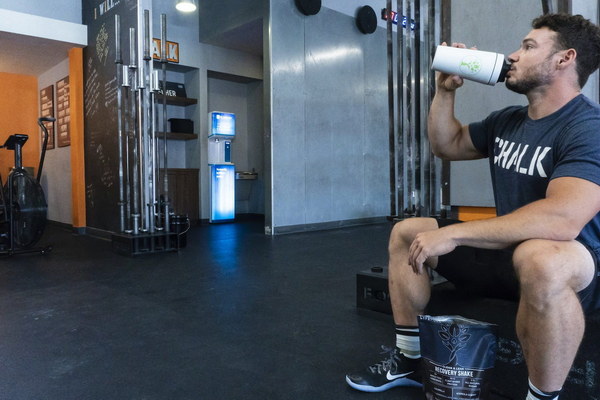Is Fitness a Form of Athletic Skill
Introduction:
In the world of sports and fitness, the term athletic skill often brings to mind images of professional athletes, Olympians, and highly trained individuals showcasing their physical prowess. However, the question arises: Is fitness, which is widely practiced by individuals of all fitness levels, considered a form of athletic skill? This article delves into the debate and explores the various aspects of fitness and athletic skill to provide a comprehensive understanding of the topic.
Body:

1. Defining Athletic Skill
To determine whether fitness is a form of athletic skill, we must first establish a clear definition of athletic skill. Athletic skill refers to the combination of physical abilities, technical proficiency, tactical understanding, and mental fortitude required to excel in sports and physical activities. It encompasses coordination, speed, strength, endurance, agility, and power, among other attributes.
2. Fitness as a Physical Ability
Fitness, on the other hand, is the condition of being physically fit and healthy. It involves various components such as cardiovascular endurance, muscular strength, flexibility, and body composition. While fitness does not necessarily equate to athletic skill, it serves as the foundation for developing such skills.
3. Fitness as a Skill Acquisition Process
Fitness can be seen as a skill acquisition process. Just like any other skill, it requires practice, dedication, and gradual improvement. Individuals who engage in regular fitness activities, such as weightlifting, running, or yoga, develop their physical abilities and enhance their overall fitness levels. This process of skill development is similar to what athletes go through to excel in their respective sports.
4. The Intersection of Fitness and Athletic Skill
The intersection of fitness and athletic skill lies in the shared goal of achieving optimal physical performance. While fitness is a crucial component of athletic skill, it is not the sole determinant. Other factors, such as technical proficiency, tactical knowledge, and mental toughness, also play significant roles in an athlete's success.
5. Fitness as a Tool for Athletic Skill Development
Fitness can be considered a tool for athletic skill development. By improving physical abilities, individuals can enhance their performance in sports and physical activities. For example, a soccer player who focuses on cardiovascular endurance and speed will likely have an advantage on the field. Similarly, a weightlifter who builds strength and power will be better equipped to lift heavier weights.
6. The Role of Fitness in Injury Prevention and Recovery
Fitness plays a crucial role in injury prevention and recovery. By maintaining a high level of physical fitness, individuals can reduce the risk of injuries and improve their ability to recover from them. This aspect of fitness can be seen as a skill in itself, as it requires knowledge of proper training techniques, nutrition, and recovery methods.
7. Conclusion
In conclusion, while fitness is not a direct form of athletic skill, it serves as an essential foundation for developing such skills. The process of acquiring fitness involves skill development, similar to what athletes go through to excel in their respective sports. Therefore, we can consider fitness as a form of skill acquisition that complements and enhances athletic skill. By focusing on both fitness and specific athletic skills, individuals can achieve optimal performance and enjoy a healthy and active lifestyle.









